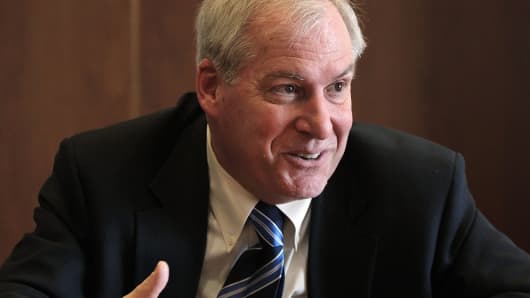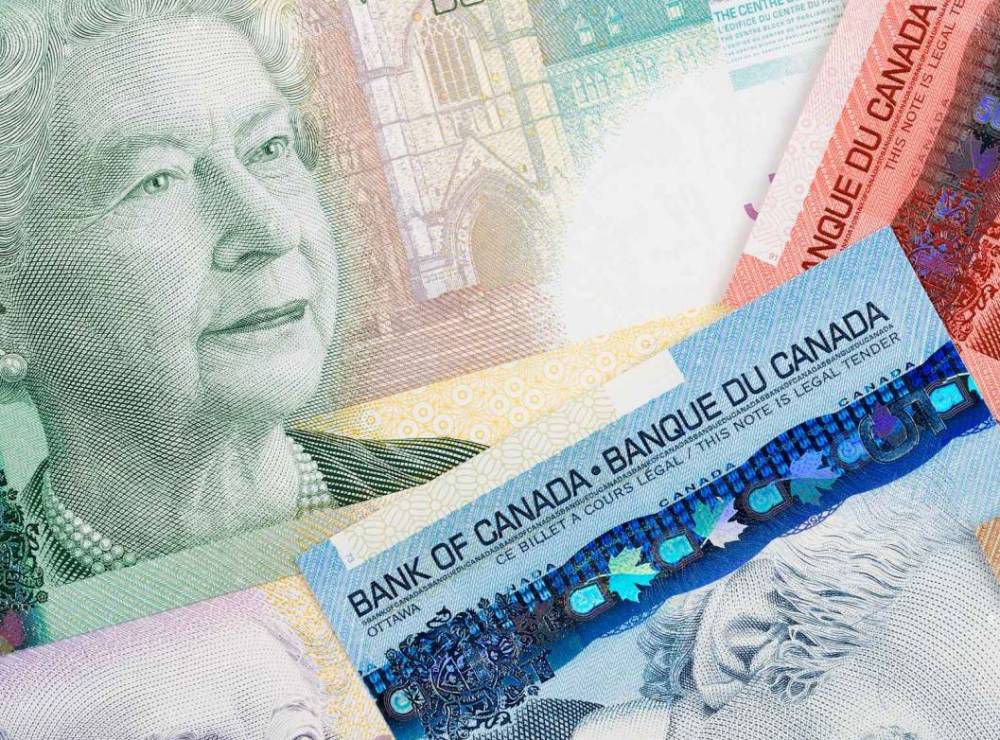Well, it’s about time. Even by summer doldrums standards, markets had seen a long period of below-average volatility. The Dow last moved 1 percent or more on July 8!
The Fed’s Eric Rosengren — traditionally a dove — has reminded everyone that markets are not positioned for a rate hike in September. He has made a case that it could well happen.
Now you see a scramble to put the trades back on. Traders moved to:
- Buy volatility, as the VIX hit its highest level since June.
- Sell interest-rate sensitive stocks, which is why utilities, telecom and homebuilders underperformed.
- Play a steepening yield curve trade, which is why financials likeMetLife and Prudential rose.
- Bid up the dollar, which hit commodities. Some commodity stocks like Freeport-McMoran fell 3 percent or more.
Of course, we have seen this movie before.
Who wins? This is great news for the professional trading community. The buy side (hedge funds, active traders and mutual funds) and the sell side (brokerages) have been miserable because trading volumes have been awful. This is a godsend to them.
The problem is, if the Fed does nothing in September, all this gets unwound again. We will be back to where we were a few days ago!
Will the Fed do anything?
After the Brexit vote, everyone assumed the Fed would not raise rates for the rest of the year. But Brexit did not cause the kind of market turmoil that was expected. By July, the Fed sounded more hawkish, noting that the labor market had strengthened.
But the data kept messing with their heads — and ours. We got a slightly weaker-than-expected jobs report, and August ISM manufacturing and particularly ISM non-manufacturing (at more than a six-year low) disappointed. The chance for a September rate hike dropped dramatically.
And yet — and yet — Rosengren and friends seem to really, really want to hike rates.
Really? But if they do really depend on data, it seems they would not hike.
My friend Joe Zicherman called to say that he thought the central issue now was that the Fed is no longer data dependent. He said the Fed wants to raise rates because it fears losing credibility, a concern that trumps “data dependency.”
It’s a good point. Regardless, we find ourselves in a hall of mirrors. All we can do is maintain a slightly more heightened state of alert until the Sept. 21 Fed meeting.




